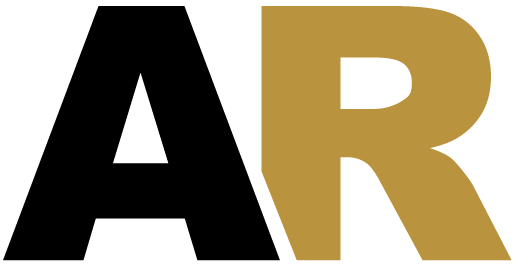The options contractors face when putting a 401(k) Plan in place are almost infinite. The choices made should depend heavily on the company’s industry, nature of workforce, goals, and the reason for having a retirement plan in the first place.
Generally speaking, there are only three reasons for a company to have or establish a 401(k) Plan:
- The company is trying to maximize the amount of contribution for the owner and other highly compensated employees.
- The company sees a 401(k) Plan as an employee benefit with its main purpose being to attract and retain good employees.
- The company works on Prevailing Wage projects.
For construction contractors, the most prevalent reason for having a 401(k) Plan is typically that the company does Prevailing Wage work. Any discussion regarding the myriad options available in plan design must first consider how Prevailing Wage impacts those options.
Many service providers do not understand Prevailing Wage, nor do they understand its impact on retirement plans. It is imperative that contractors understand their own plan.
Plan Setup Questions
The following is a list of questions and topics that contractors may reference regarding a properly set up 401(k) Plan. These questions pertain whether the company has an existing plan or are considering starting a new plan.
- Does your company have an existing retirement plan?
- Do you want to allow any money other than Prevailing Wage money to go into the plan?
- Do you want to allow employees to choose to have money held out of their paycheck (deferrals)?
- Is maximum owner/key employee deferral important? If yes, then Safe Harbor options are discussed.
- Do you want to make matching contributions?
- Do you want to make any Company contributions other than Prevailing Wage?
- Understand prevailing wage’s impact on vesting schedules for Company Contributions, Company Match
- Understand prevailing wage’s impact on Time to Entry, Criteria for Eligibility, and Exclusions
- Understand Counting Hours vs. Elapsed Time
- Understand the Availability of Funds. This includes terminated employee time to payout, in-service distributions, hardship provisions, and loan provisions
- Understand deferral expressed as a percentage, especially if a company match is considered
All of the above items are directly impacted by Prevailing Wage. This means a construction company that works on Prevailing Wage projects would (and should) choose different plan design options from a company that does not work Prevailing Wage.
Akin to any construction project, time spent on planning and design will often prevent headaches and issues down the line. The company’s retirement plan is no different. Again, contractors must understand their own plan.



